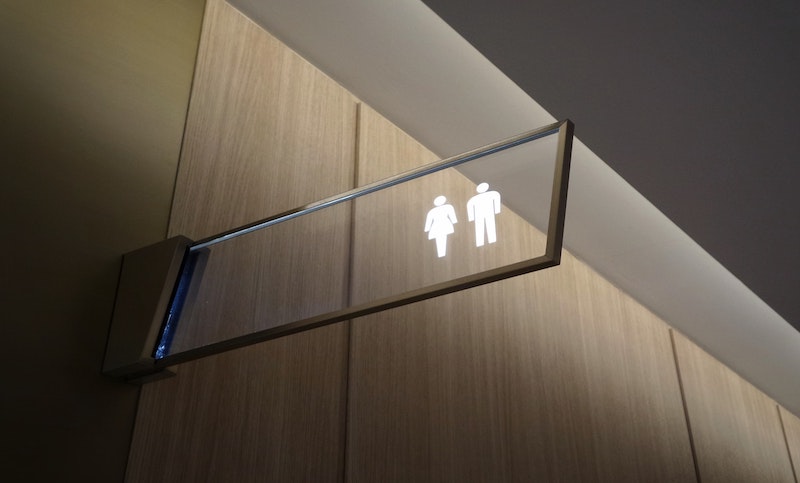
Millions of men and women all over the world experience involuntary loss of urine called urinary incontinence. It can have a significant impact on people of all ages and from all walks of life. While the condition is extremely common, many who suffer from incontinence do not seek medical attention due to feelings of embarrassment and anxiety.
Incontinence can be treated with a variety of approaches, depending on the severity of the condition as well as the patient’s individual needs. Read on to find more about incontinence and why it is important to treat it.
What is urinary incontinence?
Incontinence is a term that describes any accidental or involuntary loss of urine from the bladder. Incontinence is a widespread condition that ranges in severity from small levels of leakage to complete loss of bladder control.
Types of urinary incontinence
There are a number of types of urinary incontinence, and many people may experience a combination of more than one. Types of incontinence include:
Stress incontinence: Urine leaks when pressure is exerted on the bladder such as by coughing, sneezing, laughing, exercising or lifting something heavy.
Urge incontinence: A sudden, intense urge to urinate followed by an involuntary loss of urine. This can vary in severity.
Overflow incontinence: A frequent or constant dribbling of urine due to a bladder that doesn’t empty completely.
Functional incontinence: A physical or mental impairment which keeps from making it to the toilet in time.
Causes of urinary incontinence
Urinary incontinence has a multitude of risk factors and causes that will impact each individual differently. Some causes include:
- age
- weight
- diet
- trauma
- brain function
- previous medical procedures such as prostate surgery or radiation
- chronic constipation
- menopause
- pregnancy and childbirth
Why treat urinary incontinence?
While incontinence may not signify a serious medical issue, it can have major social and emotional impacts. The constant urge to urinate often causes people to feel embarrassed and ashamed. As a result, they are less likely to socialise and are more likely to have low self-esteem. Incontinence can also have an impact on workplace productivity and make those who suffer from the condition feel alone and isolated. Many people do not talk about their symptoms or believe that there are no effective treatments and often spend years dealing with the condition. After seeking the correct medical treatment, those who suffer from the condition can start enjoying their life with far fewer symptoms or even in some cases, incontinence free.
It is essential to talk to a trusted professional when it comes to your health. If you have any questions about urinary incontinence and possible treatments, or would like to book an appointment, please feel free to contact or call Dr Arianayagam’s office on 1300 307 990 and his staff will be able to assist.

